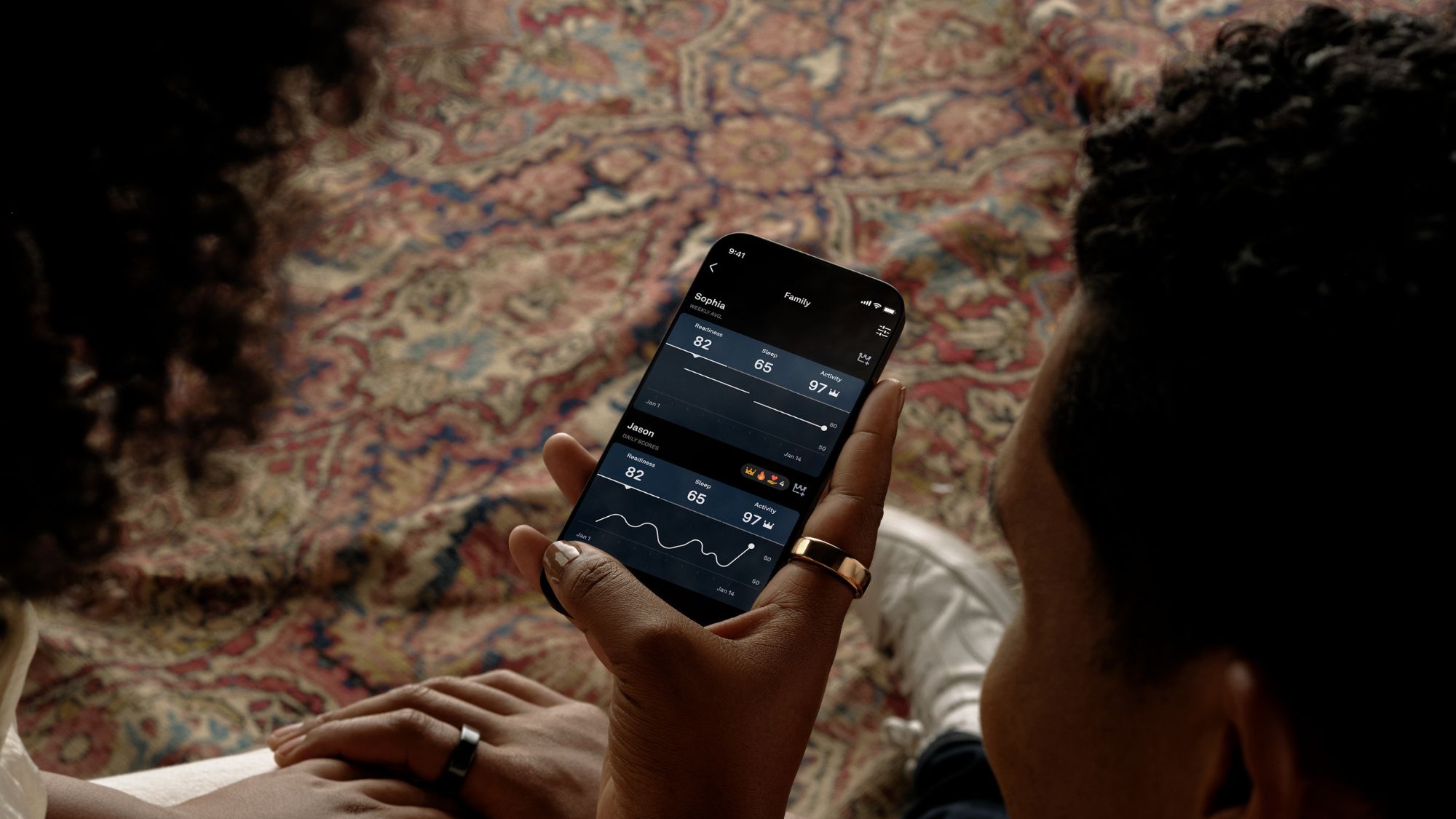
What you need to know
- Oura Circles is a new social feature that is incorporated into the Oura app.
- It allows the sharing Readiness, Sleep, and Activity scores with other Oura members.
- In addition, the company brings its New Sleep Staging Algorithm to iOS and Android users after a brief beta period.
Oura, the company known for its rather impressive Oura Ring, is announcing the launch of Oura Circles, a new way to share your health insights with your family, friends, or anyone you choose to be in the circle from the Oura app.
The Oura Ring (Gen 3) lets users monitor health data, including heart rate, heart rate variability, temperature, blood oxygen, and plenty of other metrics. These are categorized into three readings daily: Readiness, Sleep, and Activity.
With Oura Circles, members can share these readings with their friends, family, and inner circles with the newly announced social feature. The data can involve your activity for the past two weeks.
After sharing, Oura provides a way to have meaningful conversations between members through the Circles feature, encouraging them to stay healthy by staying connected, and the company believes the fitness journey need not be restricted to an individual who uses Oura ring.
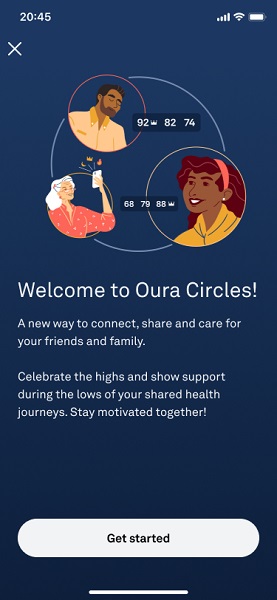
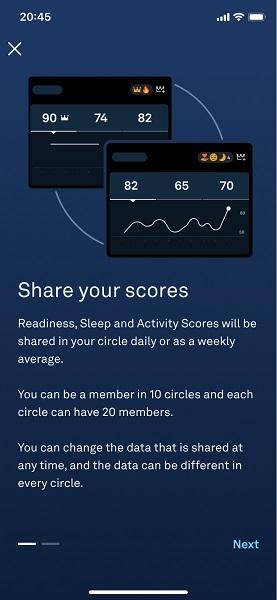
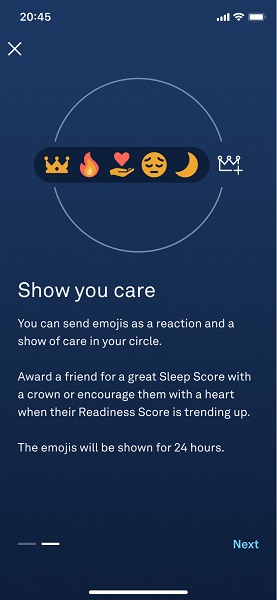
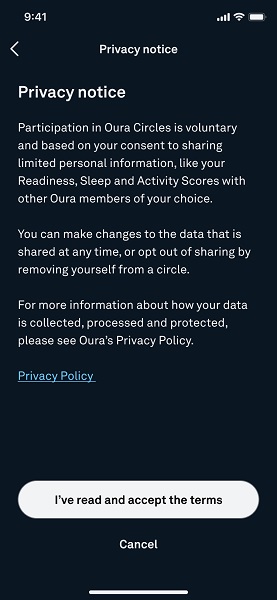
“Circles is the first of its kind for the smart ring company and delivers a fully customizable, opt-in experience that allows Oura Members to easily share their daily scores with their community, send reactions, and check in with each other,” Oura added in a shared press release.
As part of the Oura Circles launch, the company allows members to be part of up to ten circles, and each circle can include up to 20 members. Additionally, the members are given control in sharing data that can consist of a whole two weeks’ data or could be as low as a fortnight’s sleep data.
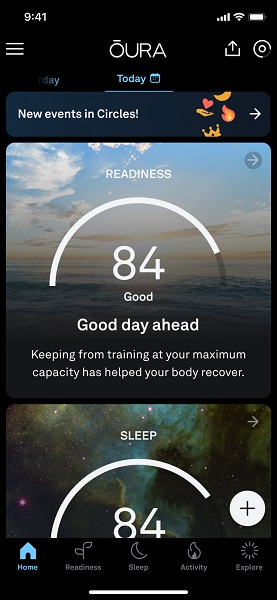
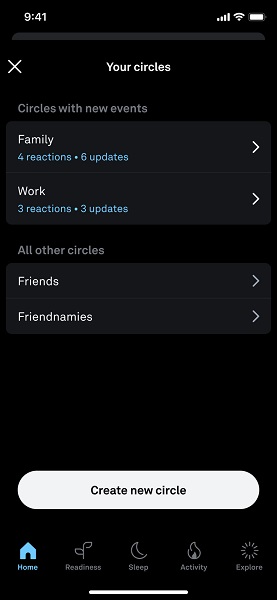
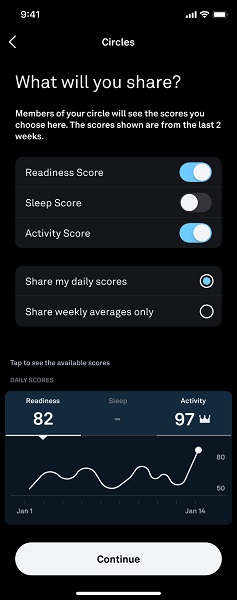
The users can also decide when they want to break, leave, or join a circle at any time. Further, users can utilize a set of pre-set emojis in Oura Circles to react to health data shared between members.
In addition to Oura Circles, the company is also bringing its New Sleep Staging Algorithm, first announced last year, to iOS and Android device owners. The feature was previously available in beta.
The algorithm is said to achieve “79% agreement with polysomnography (PSG) for 4-stage sleep classification (wake, light, deep, and rapid eye movement (REM) sleep), and it was developed using one of the largest sleep datasets to date.” Based on two years of recorded data from users of various genders, skin tones, and ages, this new algorithm should is apparently much more accurate at detecting sleep stages.







